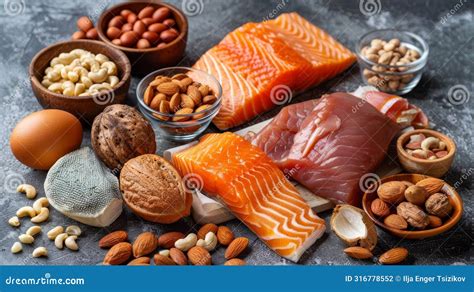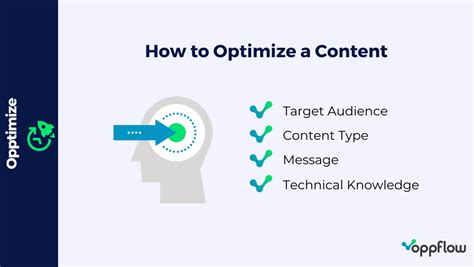In today’s fast-paced world, maintaining high energy levels and sharp mental focus is crucial for productivity and overall well-being. Your diet plays a fundamental role in determining how well your body and brain function. By optimizing what you eat, you can transform your daily performance, eliminate energy slumps, and enhance cognitive clarity.
The Macronutrient Blueprint for Sustained Energy
Macronutrients—carbohydrates, proteins, and fats—are the foundation of your diet and your primary sources of energy. Understanding how to balance them is key to preventing energy crashes and promoting stable blood sugar levels.
- Complex Carbohydrates: These are your body’s preferred fuel source for sustained energy. Unlike simple sugars, complex carbs (found in whole grains, vegetables, and legumes) are digested slowly, providing a steady release of glucose into the bloodstream. This prevents the sharp spikes and subsequent drops in blood sugar that lead to fatigue.
- Lean Proteins: Essential for muscle repair, hormone production, and satiety, protein also plays a role in energy stability. It slows down the absorption of carbohydrates, further regulating blood sugar. Incorporate sources like chicken, fish, tofu, beans, and lentils into every meal.
- Healthy Fats: Crucial for brain health, hormone production, and nutrient absorption, healthy fats (from avocados, nuts, seeds, and olive oil) provide a dense source of sustained energy and help you feel fuller for longer, reducing cravings and preventing energy dips.

Micronutrients and Hydration: The Hidden Powerhouses
While macronutrients provide the bulk of your energy, micronutrients (vitamins and minerals) act as cofactors in countless metabolic processes, including energy production. A deficiency in key vitamins and minerals can significantly impair your energy levels and cognitive function.
- B Vitamins: Crucial for converting food into energy, B vitamins are found in leafy greens, whole grains, eggs, and lean meats.
- Iron: Essential for oxygen transport in the blood, low iron can lead to fatigue. Red meat, spinach, lentils, and fortified cereals are good sources.
- Magnesium: Involved in over 300 biochemical reactions, including energy production and nerve function, magnesium is abundant in nuts, seeds, leafy greens, and dark chocolate.
- Vitamin D: Linked to mood and energy, Vitamin D can be obtained from sunlight exposure, fatty fish, and fortified foods.
Equally important is hydration. Even mild dehydration can lead to fatigue, headaches, and impaired cognitive function. Aim to drink plenty of water throughout the day, and consider incorporating electrolyte-rich fluids if you’re highly active.

Strategic Meal Timing and Mindful Eating
When you eat can be as important as what you eat. Spreading your food intake across regular meals and snacks can help maintain consistent energy levels and prevent extreme hunger, which often leads to poor food choices.
- Regular Meals: Aim for three balanced meals and 1-2 healthy snacks throughout the day. This keeps your metabolism steady and your blood sugar stable.
- Don’t Skip Breakfast: Starting your day with a nutritious meal kickstarts your metabolism and provides immediate fuel for your brain and body.
- Mindful Eating: Pay attention to your body’s hunger and fullness cues. Eat slowly, savor your food, and avoid distractions. This helps with better digestion and ensures you’re consuming the right amount of food to feel energized, not sluggish.

Identify and Eliminate Energy Zappers
Just as some foods boost energy, others can drain it. Being aware of these energy zappers and limiting their consumption is vital for peak performance.
- Refined Sugars and Processed Foods: These offer a quick energy spike followed by a rapid crash, leaving you feeling more tired than before. They also lack essential nutrients.
- Excessive Caffeine and Alcohol: While a morning coffee can be beneficial, overreliance on caffeine can disrupt sleep and lead to jitters and anxiety. Alcohol, particularly in excess, can impair sleep quality and dehydrate you, both of which deplete energy.
- Unhealthy Fats: Trans fats and excessive saturated fats found in fried foods and many processed snacks can contribute to inflammation and slow down digestion, leading to feelings of sluggishness.

Practical Steps for Daily Implementation
Optimizing your diet for energy and focus doesn’t have to be complicated. Small, consistent changes can yield significant results.
- Plan Ahead: Meal prepping or having a general plan for your meals and snacks can help you make healthier choices, especially when busy.
- Listen to Your Body: Pay attention to how different foods make you feel. Do certain foods leave you feeling energized or sluggish? Adjust accordingly.
- Gradual Changes: Don’t try to overhaul your entire diet overnight. Introduce new healthy habits gradually to make them sustainable.
- Prioritize Whole Foods: Focus on eating whole, unprocessed foods as much as possible. These are naturally rich in the nutrients your body needs.
By consciously choosing to fuel your body with nutrient-dense foods, maintaining proper hydration, and adopting mindful eating habits, you can unlock a consistent supply of energy and maintain a sharper mental focus throughout your day. Your diet isn’t just about weight management; it’s about empowering your daily life.





